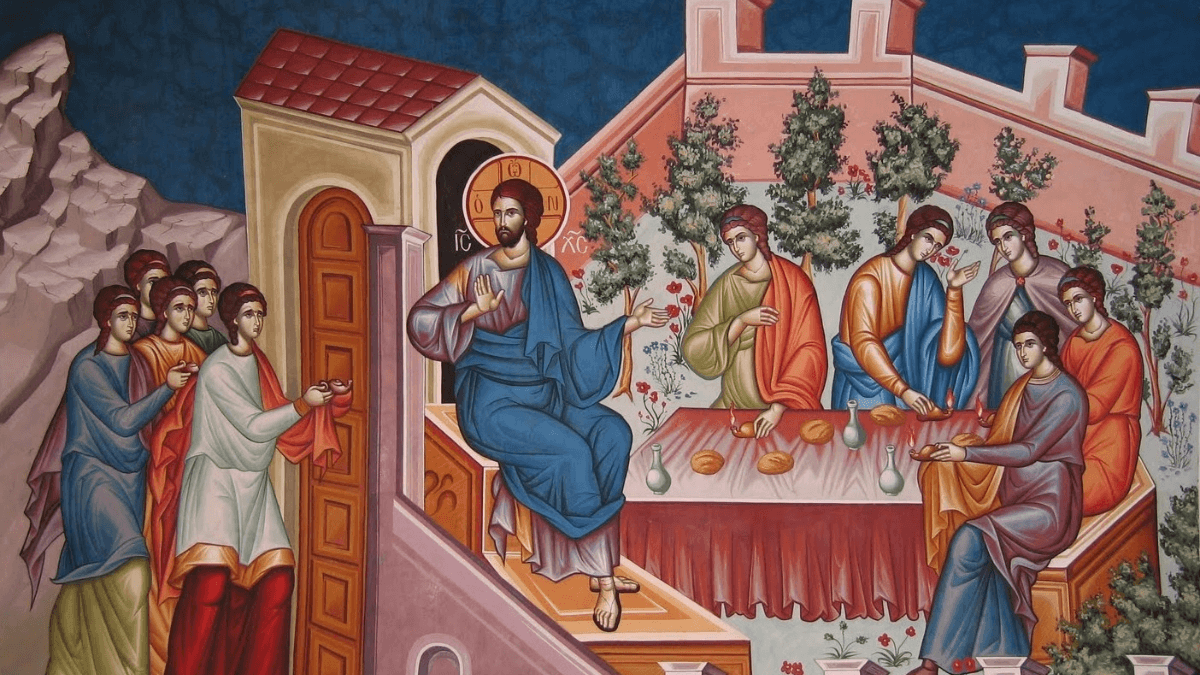On the Back Porch

32nd Sunday of Ordinary Time, Year A

What We Celebrate
Here in the last weeks of Ordinary Time the readings from the Gospel of Matthew are focusing on the future, with emphasis especially on the theme of judgment – and our being vigilant and prepared for the coming of the Lord. This Sunday’s gospel is The Parable of the Ten Virgins (Matthew 25:1-13).
In this parable, Jesus compares the Kingdom of Heaven to ten young women awaiting the arrival of the bridegroom for a wedding. Five are wise and prepared with enough oil for their lamps, while five are foolish and unprepared. When the bridegroom finally arrives, the wise virgins enter the wedding feast, but the foolish ones are left out. But we only know that at the end.
Right at the beginning of the parable, Jesus tells us that five of them were foolish, and five were wise. The reason why he tells us this from the onset is that we cannot tell this just by looking at them. All ten have come to the wedding; all ten have their lamps aglow with expectation, all ten, presumably, have on their bridesmaid gowns. We would never guess from appearances that half were wise and half foolish.
At the beginning of the life of faith, you cannot really tell the followers of Jesus apart. They all have lamps; they are all excited about the wedding; they all know who to sing, “Lord, Lord.” Deep into the night, when we spot some persons attempting in vain to fan a dying flame to life, we begin to distinguish wisdom from foolishness.
There is a lot more to this gospel. Sit with it for a moment on the back porch.
Full Text of the Sunday Readings
Detailed Commentary on the Gospel
Greek Fresco, “Bridal Chamber”, iconreader.wordpress.com, CC-BY
The First Letter to the Thessalonians
In the gospel parable of the Ten Virgins, each one possesses oil lamps, which were common sources of light in the ancient world. Oil symbolizes illumination, guidance, and the presence of God’s Word. The psalmist describes God’s Word as a lamp to one’s feet and a light to one’s path (Psalm 119:105). One might well argue that to have a full measure of oil in the allegorical sense is to have let the light of Christ illuminate, guide and help you prepare for this life and the next. The point is simply that readiness, whatever form it takes, is not something that can be achieved by a last-minute adjustment. It depends on long-term provision, and if that has been made, the wise disciple can sleep secure in the knowledge that everything is ready. And it all needs to rest on a sure foundation.
That is a central part of St. Paul’s First Letter to the Thessalonians:
“For if we believe that Jesus died and rose, so too will God, through Jesus, bring with him those who have fallen asleep. Indeed, we tell you this, on the word of the Lord, that we who are alive, who are left until the coming of the Lord, will surely not precede those who have fallen asleep.” (1 Thess 4:14-15)
Take a few moments to watch this overview video on 1 Thessalonians.